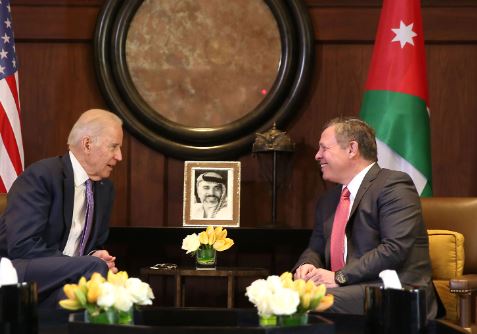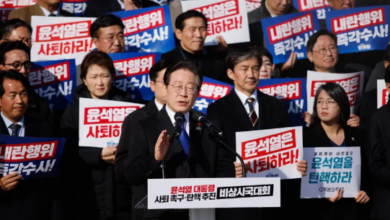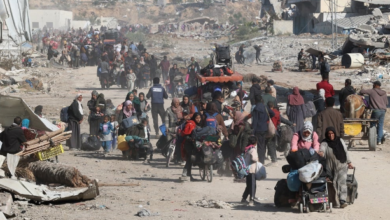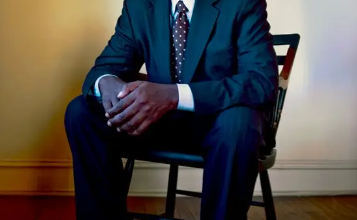Navigating the New Path: Renewed Diplomatic Efforts in the Middle East

In a world where the geopolitical landscape shifts with the wind, the Middle East remains a focal point of international concern and strategic interest. Recent months have seen a resurgence of diplomatic efforts aimed at untangling the complex web of conflicts that have long defined the region. At the heart of these initiatives is a collective desire to forge a new path toward peace, stability, and prosperity.
The Catalysts for Change
The latest round of diplomatic engagements is driven by a confluence of factors. Economic pressures, exacerbated by the global pandemic, have nudged regional powers to reconsider their stances. The changing energy market, with a push towards renewable sources, has also played a critical role, urging oil-rich nations to rethink their future economic foundations.
Additionally, the international community, led by veteran diplomats and new-age leaders alike, has shown a renewed commitment to addressing the age-old conflicts that have marred the Middle East. From the Israeli-Palestinian dispute to the civil war in Syria, the stakes are high, and the urgency for resolution is palpable.
Economic and Security Implications
The implications of these diplomatic efforts extend far beyond regional boundaries. For the global economy, stability in the Middle East means more predictable energy markets, which is crucial for countries recovering from the economic downturn caused by the COVID-19 pandemic. Moreover, a peaceful Middle East could unlock new trade routes and markets, fostering economic growth and innovation.
Security concerns are also at the forefront of the diplomatic agenda. The threat of terrorism, the proliferation of nuclear weapons, and the safety of maritime trade routes are issues that require collective action. A stable Middle East could significantly diminish these threats, contributing to global security and prosperity.
The Road Ahead
As these renewed diplomatic efforts unfold, the path to peace remains fraught with challenges. Historical grievances, political rivalries, and external influences complicate the negotiation process. However, the current climate of cooperation and dialogue offers a glimmer of hope.
Key players in the region, along with international allies, are now engaging in talks with a level of sincerity and openness that has been absent in recent years. The involvement of the United Nations, along with other international organizations, provides a structured framework for these discussions, ensuring that all voices are heard and considered.
A Collective Journey
The journey toward peace and stability in the Middle East is a collective one. It requires the commitment of not only the regional actors but also the global community. The economic and security implications of these efforts underscore the interconnectedness of our world. What happens in the Middle East does not stay in the Middle East; it reverberates across the globe, affecting us all.
As we witness this new chapter in diplomatic endeavors, there is cautious optimism. The challenges are immense, but so are the opportunities. The Middle East stands at a crossroads, and the direction it takes will shape the future of the region and the world at large.





